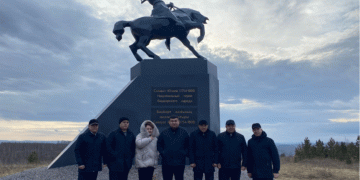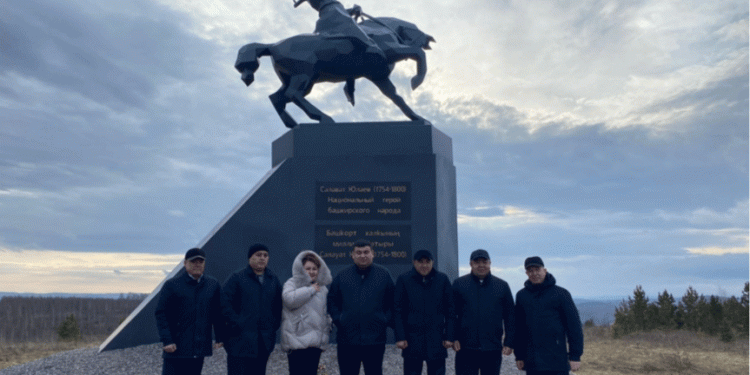Strategic land acquisition and international partnerships are reshaping the agricultural map of Eurasia. A landmark deal will see entrepreneurs from Uzbekistan cultivate 500 hectares in Bashkortostan, signaling a new era of cross-border investment and collaborative food production. This article examines the drivers and implications of this significant project for the wider agricultural community.
In a concrete step following a high-level delegation from Namangan, Uzbekistan, entrepreneurs have finalized plans to lease 500 hectares of agricultural land in the Republic of Bashkortostan. Led by the deputy hokim of Namangan, Okibzhon Odilzhonovich Inamov, the visit culminated in firm agreements, with a working group scheduled to arrive in January to formally register a legal entity. The Bashkortostan government has pledged full support, including an accelerated company registration process through its Development Corporation.
This venture is more than an isolated deal; it reflects a strategic alignment of interests. For the Uzbek investors, this represents a diversification of production bases and access to new markets. For Bashkortostan, as highlighted by Margarita Bolycheva, Minister of Foreign Economic Relations, the project strengthens regional food security, creates new jobs, and stimulates the economy of the republic’s northeast. This is underpinned by a strong existing trade relationship, with Uzbekistan consistently holding a 4.4% share of Bashkortostan’s foreign trade turnover.
This model of international land leasing for vegetable production is gaining traction globally, driven by several key factors:
- Climate and Logistics Diversification: By cultivating in a different climatic zone, producers can mitigate risks associated with local droughts, pests, or adverse weather in their home region. A 2023 report by the FAO on global agri-food investments highlighted that “production geography diversification” is a key strategy for ensuring supply chain resilience.
- Access to New Markets: Establishing a physical presence in Bashkortostan provides Uzbek entrepreneurs with direct access to the vast Russian market and its distribution networks. This aligns with data from the World Bank, which notes that intra-regional agricultural investment often follows established trade corridors to reduce logistics costs and tariffs.
- Optimizing Land and Expertise: This partnership leverages Uzbekistan’s renowned expertise in high-intensity vegetable production and applies it to underutilized or available land resources in another region. According to a recent analysis by Rabobank, such “knowledge-transfer” investments can increase land productivity by 20-35% in the initial phases, benefiting both the investor and the host region.
The 500-hectare vegetable farming initiative between Uzbekistan and Bashkortostan is a powerful case study in modern, transnational agribusiness. It moves beyond simple import-export relationships towards integrated production partnerships that leverage comparative advantages. For farmers, engineers, and policymakers, this project underscores the importance of international collaboration, strategic risk management, and the role of supportive government frameworks in unlocking new frontiers for agricultural growth and food security.































